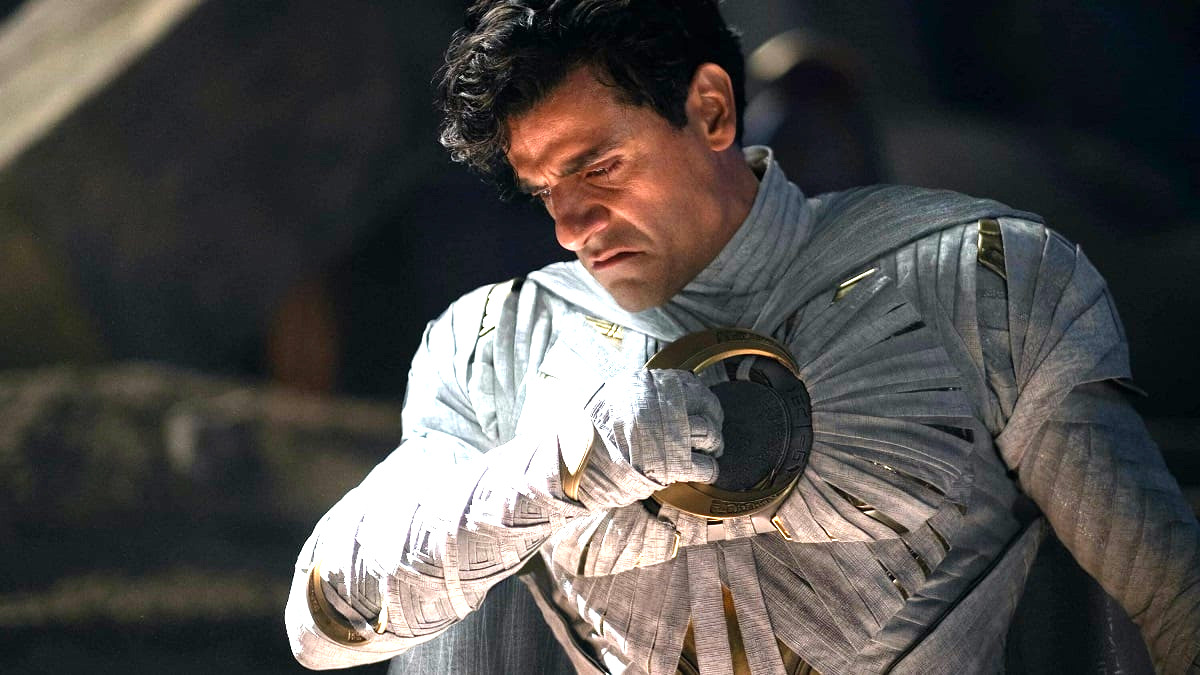Moon Knight has been diving Marvel fans since it finished airing. And sure, it definitely has its flaws, but if there’s one thing the show got right was its dedication to portraying Marc Spector’s Dissociative Identity Disorder with all the sensitivity it requires.
More often than not, this condition is unfortunately reflected in media as something completely othering that should be feared by those around. And no, by now we shouldn’t be surprised with the TV and movie industries for taking something real and sensationalizing it, but there’s no denying that messy representation can have a terrible impact on people’s (mis)conceptions. (We’re looking at you, Split.)
It’s no wonder, then, that when Moon Knight came out, some folks were hesitant to take its portrayal of DID at face value — and rightly so, as no type of media should ever be. Generally speaking, though, this Marvel show seems to have successfully avoided falling into dangerous tropes, by getting viewers to sympathize with its main character(s) and portraying the daily struggles of living with DID. Don’t blindly trust me on this, though, trust someone who actually has this disorder, like the Redditor u/ThisDudeisNotWell.
According to the viewer, Moon Knight‘s depiction of DID is flawed, largely due to the creative liberties associated with it being a superhero show, and the necessity of representing non-visual elements of DID, well, visually. That said, the series remains “the most spiritually accurate portrayal of the disorder” this and many other people living with the condition have seen in media. In fact, Moon Knight has been largely embraced by the DID community, who praise everyone involved with the show for nicely weaving fictional elements with a realistic and sensitive portrayal of someone with the disorder.
Of course, there is still a long way to go with representation of mental health in media, but it’s refreshing to know the industry is getting there, slow as it may be. Now, thanks to Marvel, fans can see themselves and their real-life struggles on screen, brought to life by characters we all know and love. After spending way too long seeing themselves painted as the villain in other works, those with a DID diagnosis can now identify with the hero. That’s not to say that portrayals of mental conditions should be romanticized in any way, shape, or form, but there are plenty of ways to humanize characters with DID without putting rose-tinted glasses over the audience’s eyes.
Moon Knight is a step in the right direction. Hopefully, the rest of the industry will follow in its footsteps.

